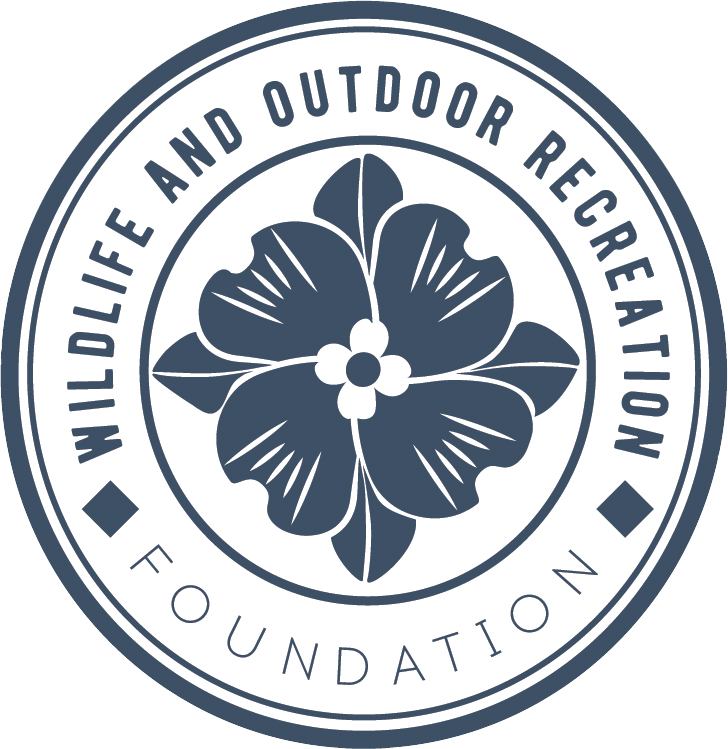Programs Overview
Private Lands Program
Nearly 80% of North Carolina's land is privately owned, and each landowner faces unique challenges and goals for managing their property. The Private Lands Program offers support and education to those interested in benefiting wildlife resources through land management
Native Plant Program
In collaboration with the NC Wildlife Resources Commission, a partnership is being developed with high school horticultural programs to educate students on the importance of native plants in ecosystems and teach them valuable skills in plant propagation.
Inland Fisheries Program
Inland fisheries are part of a complex ecosystem. Conservation efforts, such as translocation and reintroduction, help restore native fish populations by carefully moving and monitoring species. These initiatives aim to reestablish healthy, self-sustaining fish populations in their natural habitats.
Aquatic Species Conservation
The NC Wildlife Resources Commission's Conservation Aquaculture Center works to save imperiled species like freshwater mussels, which help keep our water clean. By breeding and releasing at-risk species, the center restores populations and improves aquatic ecosystems. Support is needed to continue these vital efforts.
Hatchery Support Programs
Aquatic hatcheries, like Table Rock Fish Hatchery, support native species. Fish are grown in ponds until they reach 8-12 inches, then distributed to Community Fishing Program locations to enhance public fishing opportunities. This effort is partially funded by the Sports Fish Restoration Program.
Keeping Green Space Green
Green spaces support biodiversity, improve air and water quality, and reduce climate impacts. They also help manage stormwater and cool the environment, while offering people a connection to nature.






